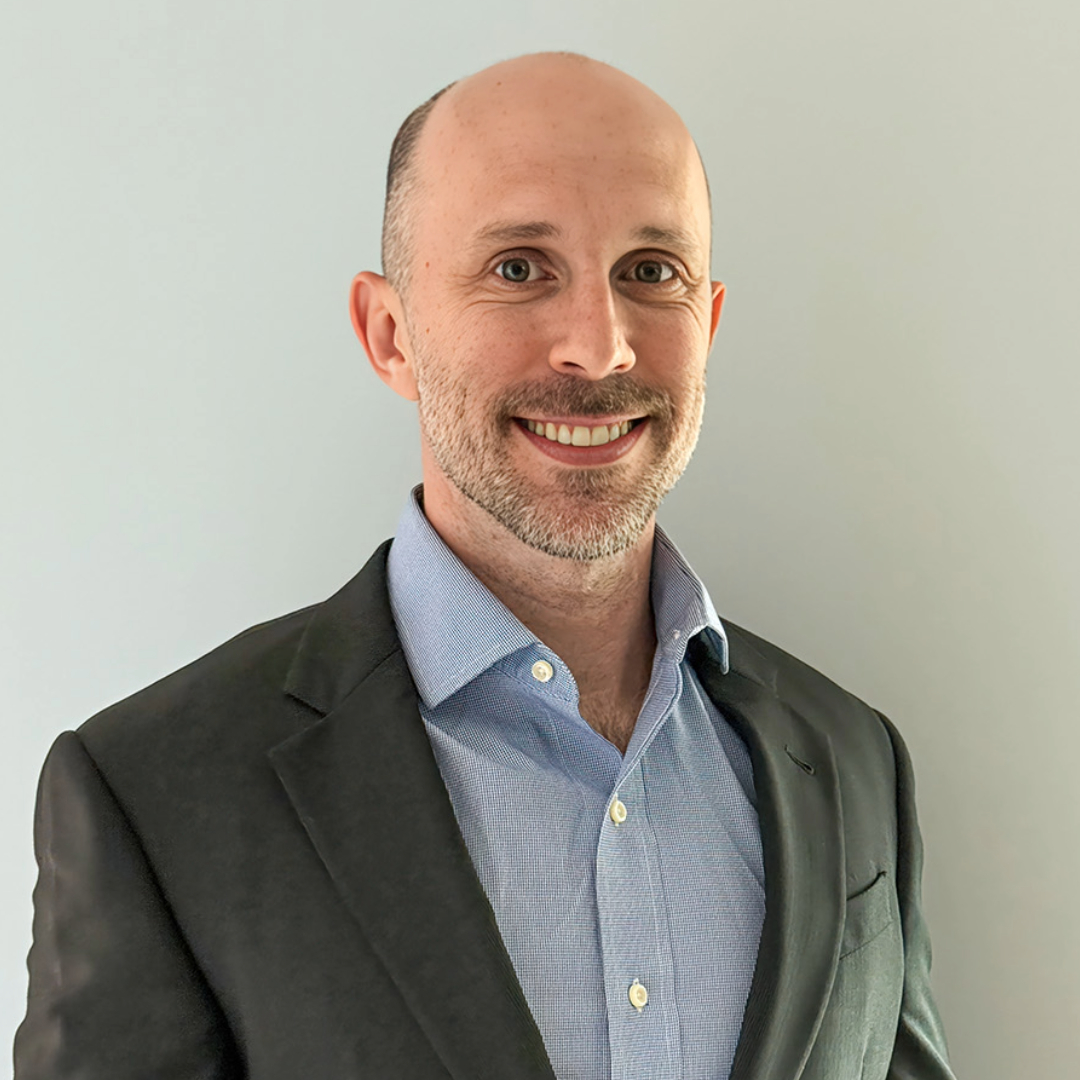

What is your practice area and/or area of expertise?
My career has been a mix of both property and casualty lines of business. I began in traditional pricing and ratemaking for personal lines but I have since found myself focusing on data science and analytics giving me the opportunity to work across many lines of business for both pricing and claims.
What led you to become an actuary? And what attracted you to the profession?
“An actuary, what’s that?” These are words I once asked a college hockey teammate as we were suiting up for practice. He was studying actuarial science while I was on my way to a chemistry degree. Over the next few weeks, I did some research and concluded that it seemed like a better way for me to apply my interest in math and logic.
Describe a time when your professionalism training has helped you in your career.
I currently work for a software company that builds claims and policy administration systems for insurance carriers as well as models and tools to inform their business. Many of my colleagues are developers rather than insurance professionals so I get to use my actuarial background to share knowledge of how what we build will impact the end users’ daily work. By doing this it helps deliver products and models that are suitable for the intended purpose and our customers can quickly use in operation.
Tell us about a time where your actuarial expertise influenced an important decision in your workplace.
Building predictive models with limited data can be tough. Building predictive models when you are not intimately knowledgeable with the limited data you have is significantly more difficult. Using precepts and ASOPs [actuarial standards of practice] as a framework for what level of familiarity needs to be built, and what can be relied upon by other parties for expertise has been invaluable.
What’s one of the biggest lessons you’ve learned in your career?
Sometimes it’s politics, but sometimes it’s not. In a world where we are increasingly working remotely there are often misperceptions simply due to a lack of communication. It may be better to pick up a phone than write an email.
What advice do you wish you were given at the beginning of your career?
Network! Passing exams and being smart will only get you so far. Making great connections with people across the entire career spectrum will help round you out and guide you in where to take your career.
Academy membership and volunteering have been a great way to meet actuaries across many different specialties, especially those from life and health where there would be no other natural way to interact. This reinforces the importance of understanding different viewpoints to help round you out.
Would you like to share anything else with aspiring or new actuaries, or those interested in volunteering for the Academy?
We are lucky to work in a profession that is self-regulated. By volunteering we all get to contribute our voice, learn from others, and continue to advance our profession. Building strong connections and friendships along the way is a cherry on top.
Beyond work—what are your hobbies or personal interests?
Outside of work my soon to be 3-year-old daughter keeps me on my toes with new activities almost daily. Most of my remaining free time—perhaps too much, according to my wife—is spent at the gym as I enjoy lifting weights. If any time is left over, I can usually be found at Home Depot or on rare occasion a Florida Panthers hockey game where my family has had season tickets since the team’s first season back in 1993. Still alive in the playoffs!